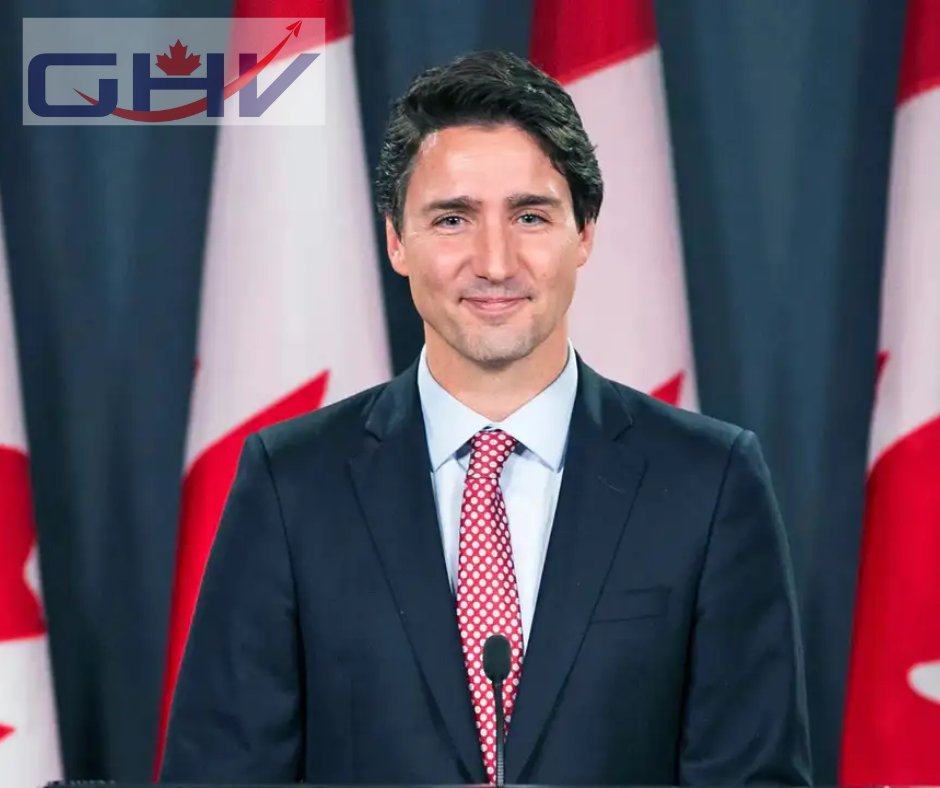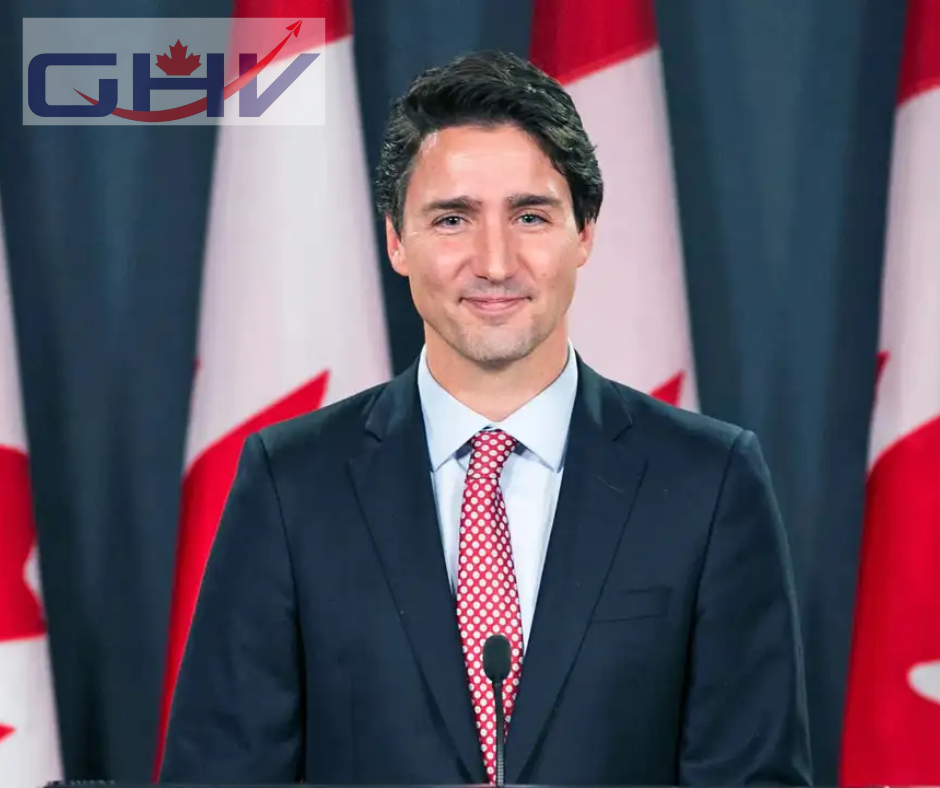
Canadian Prime Minister Justin Trudeau has announced he will step down as Liberal Party leader while remaining Prime Minister until his successor is chosen. He has requested Governor General Mary Simon prorogue Parliament until March 24, effectively pausing all legislative activity.
This prorogation means all current bills will expire, including crucial immigration legislation. Most notably, the government will miss its March 19 deadline to amend citizenship by descent laws following a December 2023 Ontario Superior Court ruling that found existing regulations unconstitutional. The proposed Bill C-71, which would have allowed Canadian citizens born abroad to pass citizenship to their children under certain conditions, will now expire.
Trudeau’s decision follows declining public support and pressure from within his own party. The announcement came shortly after Deputy Prime Minister and Finance Minister Chrystia Freeland’s resignation on December 16, just before she was scheduled to deliver the fall economic statement.
The timing is particularly significant as Parliament was set to resume January 27, with Opposition leaders Pierre Poilievre and Jagmeet Singh planning to support a no-confidence vote that could have forced Trudeau’s resignation or triggered a parliamentary dissolution.
The prorogation also affects recent immigration initiatives led by Immigration Minister Marc Miller, including international student caps, work permit restrictions, and permanent resident target reductions. While these existing policies remain in effect, new legislative changes to the immigration system will be delayed until Parliament reconvenes.










